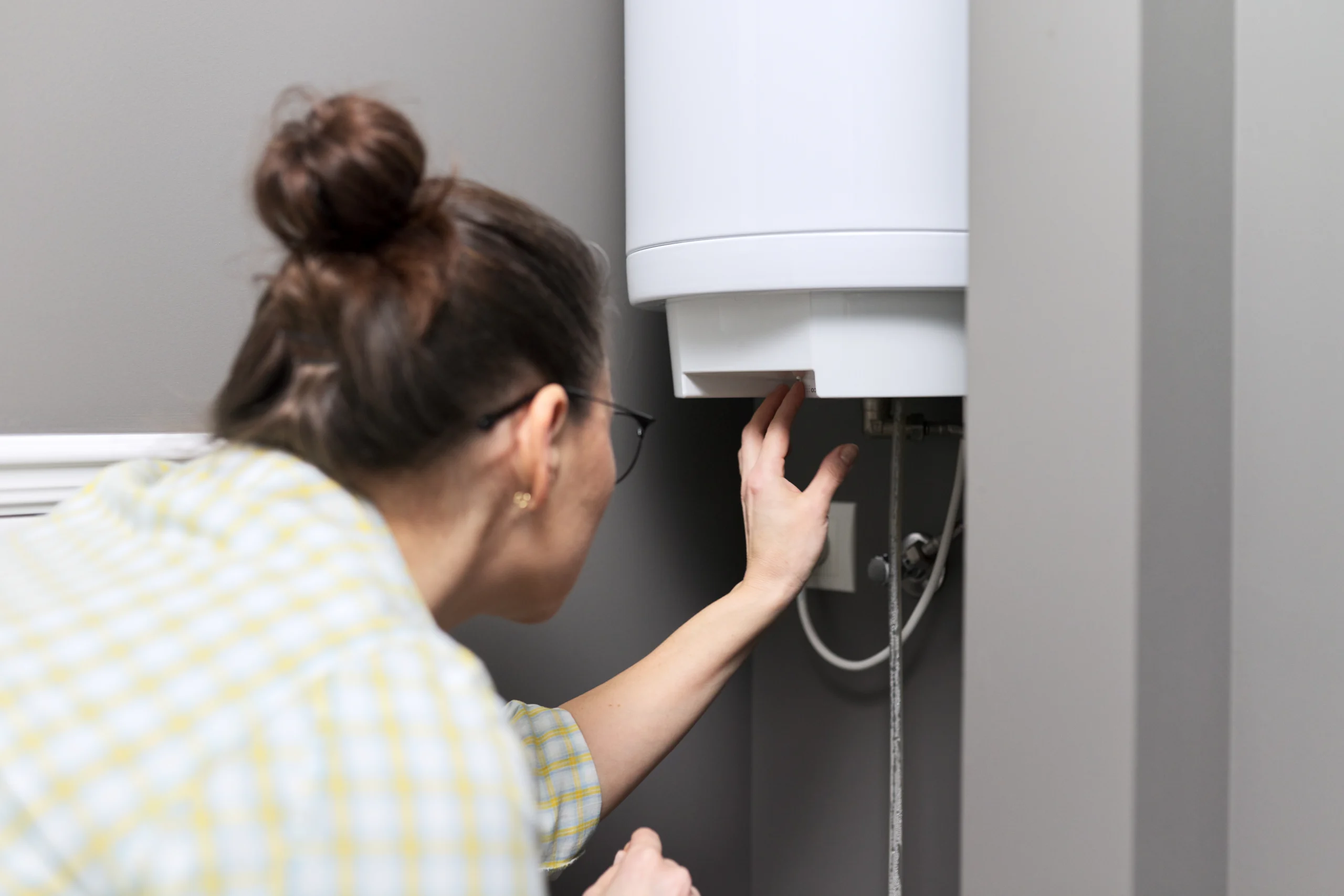Most Common Water Heater Issues
Your water heater works hard behind the scenes in your home, providing hot water for your taps and appliances. But sometimes it works a little too hard, leading to problems that could require professional service. Here are four common water heater issues, and some tips for what to do about each. Remember: always turn off power at the circuit breaker before doing any troubleshooting work on your water heater!
Your water heater works hard behind the scenes in your home, providing hot water for your taps and appliances. But sometimes it works a little too hard, leading to problems that could require professional service.
Here are four common water heater problems, and some tips for what to do about each. Remember: always turn off power at the circuit breaker before doing any troubleshooting work on your water heater!
01. Water temperature issues
Water temperature issues are among the most common problems you’ll encounter with water heaters. Here are three water temperature issues, their likely causes, and how to handle them:
- Water is cold – Cold water is usually caused by either a lack of power, a faulty thermostat or a faulty heating element. Start by eliminating power as a suspect by resetting tripped circuit breakers and replacing blown fuses. Next, check power switches to make sure they are turned on and power indicators are lit. Finally, check the thermostat to make sure it’s receiving power.
- Water is warm, but not hot enough – If your water isn’t getting hot enough, the cause could be an undersized water heater, crossed hot and cold connections, or a faulty heating element or thermostat. You can rule out a crossed connection by turning off the water supply and turning on a hot water faucet; if the water still flows, you could have a crossed connection. Beyond this, we recommend contacting a professional to check the water heater’s heating elements thermostat, and to assess whether your water heater is properly sized.
- Water is too hot – When water is running too hot, it usually means the thermostat is set too high. See your water heater’s owners manual for adjusting thermostat temperature.
02. Leaks
Water leaks can be attributed to multiple causes, including:
- a faulty temperature and pressure relief valve
- improper water pressure
- overheating
- a leak from nearby plumbing connection
- loose heating element bolts
- a bad gasket
- a leaking water tank
Check for any obviously loose plumbing connections, tightening (but not over-tightening) them to reduce the leak. Next, check the loose heating element bolts, tightening them if needed. If the heating element is still leaking, you will probably need to replace the gasket (we recommend hiring a professional to do this). Finally, check for leaks on or around the storage tank –since storage tanks typically corrode from the inside, you are probably seeing the beginning of the end for your water heater. Of course, you can tank leak issues altogether by switching to a tankless water heater – the equipment lasts about twice as long, too, and takes up about one quarter of the space in your basement.
03. Discolored water
Rusty water can indicate corrosion of your tank’s inner lining, often caused by a failing anode rod. Contact a professional water heater technician to determine if replacing the anode rod will fix the problem; if not, replace your water heater.
04. Odd noises
Sediment build-up is most often the cause of odd noises coming from your water heater. You can attempt to fix this problem by flushing the water heater. If you flush your water heater and the problem persists, or if the sediment buildup is too great to remove, contact us – you may need a water heater replacement.
Need a water heater replacement or water heater service for your home? Trust 24/7 Emergency Plumber. Contact us today at 16479482730!
